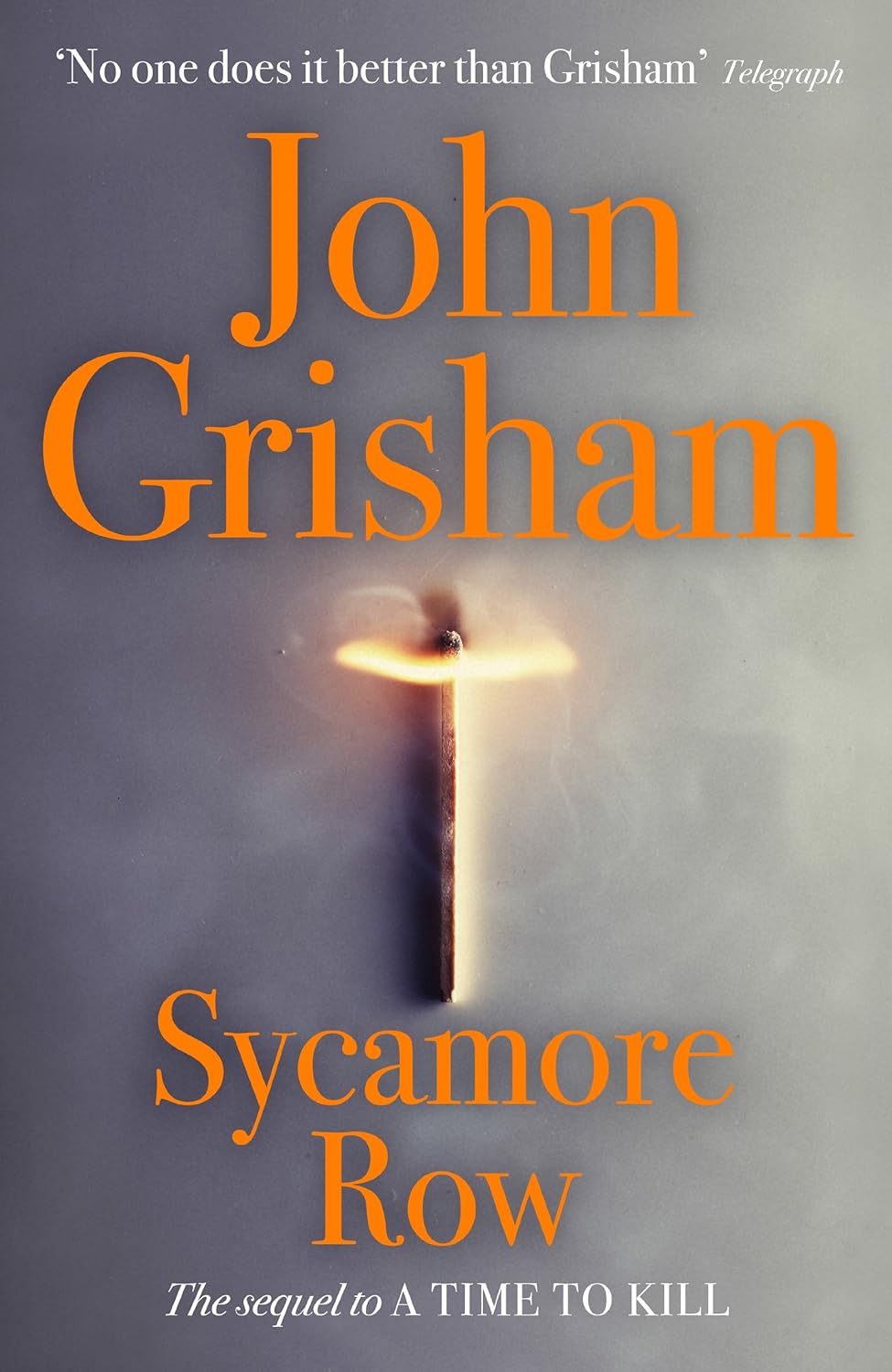The vicious attack on a woman at an ATM kiosk in Bangalore should have prompted introspection and action about the kind of city we want to live in. Instead we now have 1,000 closed ATMs and are arguably no safer for it.
 |
| The world's highest ATM on the way to Nathula Pass in Sikkim. |
It definitely tells us that we need better security at ATMs - 1.25 lakh of them across the country, according to ASSOCHAM. But, figuring out what that entails is where we seem to have lost the plot.
ASSOCHAM helpfully suggests encouraging credit card use, perhaps forgetting just why ATMs are so ubiquitous. A former top cop suggests that we forget what justice means, what with its pansy notions of 'innocent until proven guilty' and "excessive concern for the rights of the accused", and get 'em scumbags.
Guards and more CCTV cameras at every ATM, says the government. The police gives this a +1. And, when banks failed to meet the five-day deadline to implement this order, the police followed through on the threat to shutter down non-compliant ATMs.
However, these proposals are half-baked, and traditional media seems to be doing a particularly inefficient job of subjecting them to any sort of criticism.
To arm or not to arm guards
First, the guards that we can expect to be posted at ATMs will probably be older (given the poor pay that comes with the job) and unarmed (given the somewhat cautious approach to granting arms licences). A man who can brazenly hack a woman at 7am on a busy street is unlikely to be hindered by an unarmed man with knees stiff from sitting eight hours a day.On the other hand, the idea of armed guards is scarier. I'd be exceedingly concerned at having 8,700 additional guns in the city (one for each of the three security guards at each of the 2,900 ATMs in the city). Going by the 2012 figure of 10,000 arms licences having been granted (and assuming this includes both commercial and personal arms licences), this would nearly double the number of guns in Bangalore. Not a great boost to sense of security.
Appointment rules being flouted?
Second, as commentators online have pointed out, the five-day deadline is bizarre, dangerous and perhaps illegal. The Private Security Agencies (Karnataka) Rules 2008 (pdf) require security agencies and the police to verify the “character and antecedents” of anyone applying to be a guard. The police are allowed 90 days to issue their okay certificate. Besides, guards have to undergo 100 hours of classroom instruction and 60 hours of field training, spread over at least 20 working days. (It's 40 hours in the classroom, 16 hours in the field, over 20 days, for ex-servicemen applying to be guards.)And what of following a tender process and guidelines from the Directorate General Resettlement of the Ministry of Defence (providing employment to ex-servicemen) before appointing security agencies?
How can a security guard hired in haste make us feel safer?
CCTV guidelines urgently needed
As for the knee-jerk reaction to asking for more CCTV cameras, there is unfortunately still no attempt being made to develop desperately needed guidelines for video surveillance, such as in the UK. These guidelines include a simple piece of advice to the authorities:You should take into account what benefits can be gained, whether better solutions [such as improved lighting, patrolling] exist, and what effect it may have on individuals.
This common-sense is acutely absent. Who's going to monitor ATM CCTV feeds? If the answer is nobody, the devices will do little as a means of preventing a crime such as this one – which is what one assumes the point of this exercise is. Instead, we'll only have shocking footage that's fodder for water-cooler talk, and perhaps, if we're very lucky, will help identify the perpetrator after the crime.
Banks aren't to blame
But of course, the biggest misdirection is the government putting the blame for the crime on the banks. “It is the bank's responsibility” to keep people using ATMs safe, the Karnataka Home Minister declared. The police chief, who should have used this opportunity to ask for reinforcements for his already stretched force, was quick to agree.This, as Ajay Shah wastes no words in pointing out, is a cop-out. Karthik Shashidhar's piece on what's public and private property when it comes to ATMs does a great job of explaining why this is a policing issue.
Following a spate of ATM thefts earlier this year, the police stepped up patrolling and foiled further attempts, showing how it can be done with old fashioned legwork.
Private security in certain zones may be wise, but the onus to protect people has to be on the cops.
Focus on design
In all the knee-jerk, there seems to have been little official consideration on the one thing that will aid police efforts and actually add to safety of citizens: ATM design.
Always feel bit nervy using enclosed ATMs, esp at night. Operating ATMs on street, in public view, has its own in-built safety.
— Sreenivasan Jain (@SreenivasanJain) November 25, 2013
While I'm not fully convinced that ATMs out in the open are the way to go in India - we need to learn to queue up and mind our own businesses first - surely the people that make these rather expensive machines, can figure it out?
An alarm system, access to kiosks limited to entry/exit with a card, good lighting and in full sight of people, can address some of the concerns that this incident - thankfully an isolated one - raises.






